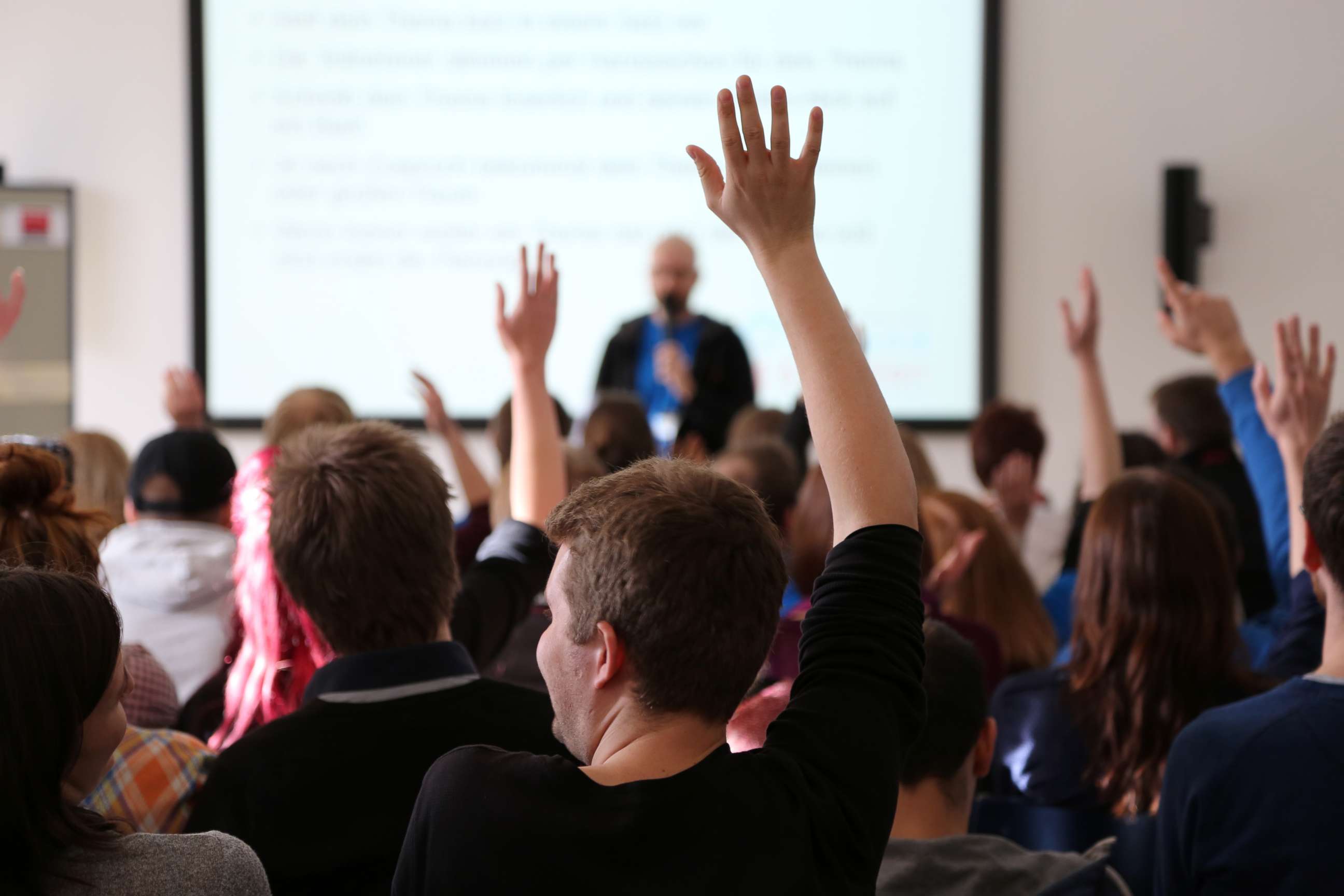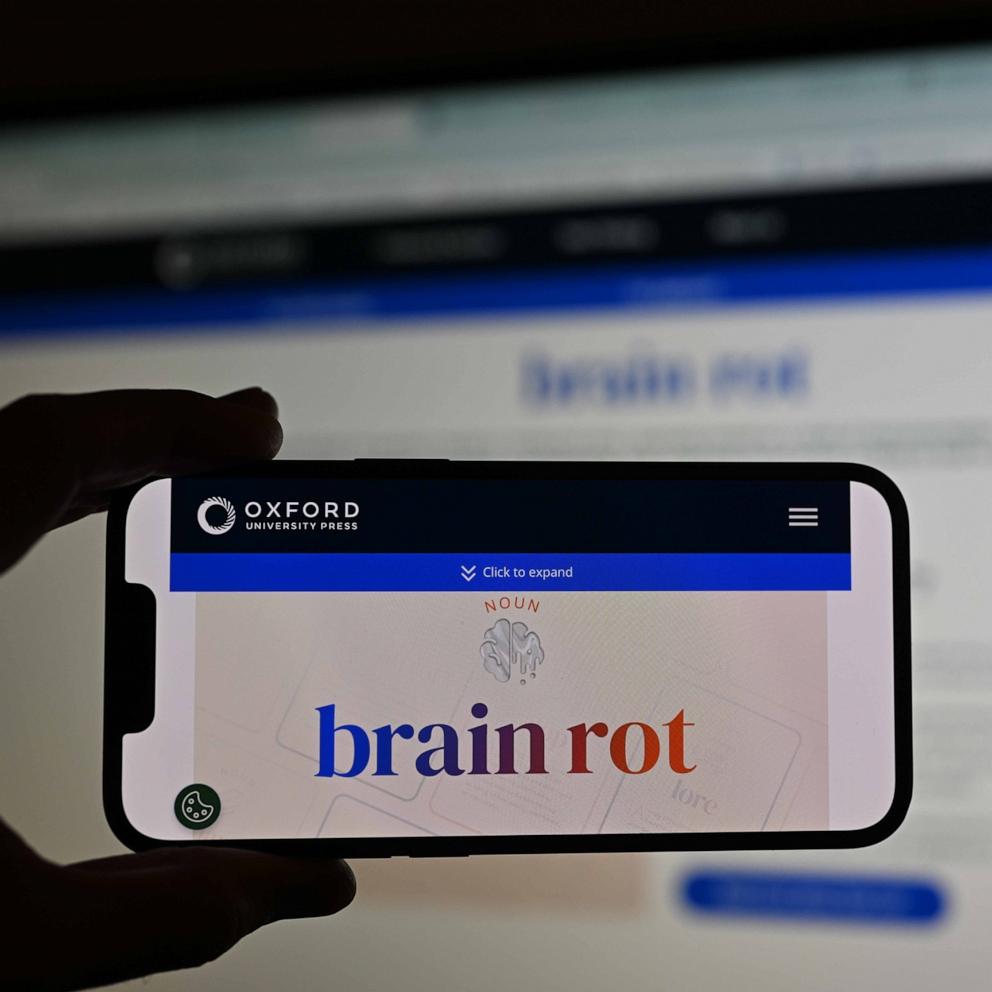College men think they're smarter than they are; women are a little more realistic, study finds

Men are from Mars and women are a little more down to earth, apparently.
Male college students are more likely to think of themselves as smarter than they actually are, while women are more realistic at judging their place in the academic universe, according to new research from Arizona State University.
A man with an average GPA was likely to say that they were smarter than 66 percent of their class. For a woman with an average GPA, this figure was only 54 percent.
Men were also more than three times more likely than women to say they were smarter than the classmate they worked with most closely.
The study, published in the journal Advances in Physiology Education, looked at data collected from 202 students enrolled in a college physiology class. The data was used to design a statistical model that allowed the researchers to make adjustments for each student’s GPA, so that the effect of gender on the students’ perceptions could be identified.
Katelyn Cooper, one of the researchers behind the study, was inspired to investigate the phenomenon after working with students as an academic adviser.
“I would ask how their classes were going and noticed a trend. Women would tell me they were afraid that other students thought they were stupid," she said in a press release. "I never heard this from the men in those same biology classes."

Although the data was taken from just one class at a single institution, the findings could impact how professors teach.
“As we transition more of our courses into active learning classes where students interact closely with each other, we need to consider that this might influence how students feel about themselves and their academic abilities,” said Sarah Brownell, an author of the study and assistant professor at the school.
“This study shows women are disproportionately thinking they are not as good as other students."
Brownell worries that women may choose not to continue training in science due to a belief that they are not smart enough.
Although it wasn't clear if the results were specific to science subjects, they do mirror findings produced elsewhere. Previous research has identified that both ethnicity and LGBTQ identity can influence how students rate their own ability, as well as gender.
"This is not an easy problem to fix," Cooper added. "It's a mindset that has likely been ingrained in female students since they began their academic journeys.”
However, she suggested that teachers could make some changes.
“We can start by structuring group work in a way that ensures everyone's voices are heard, to help [students] take a more equitable approach to group work," she added.
The researchers also asked students how they reached a judgment about their intelligence compared to the rest of their class.
The students most commonly reported observing who answered the most questions in class and judging who seemed to know the most course material. Only 8.9 percent of the students mentioned the ability to think outside of the box when assessing how smart somebody was.
Overall, 71 percent of the students believed they were in the smartest half of their class. This suggests that on the whole, college students overestimate their own intelligence in comparison to their classmates.
George Gillett is a resident affiliated with the University of Oxford working in the ABC News Medical Unit.



